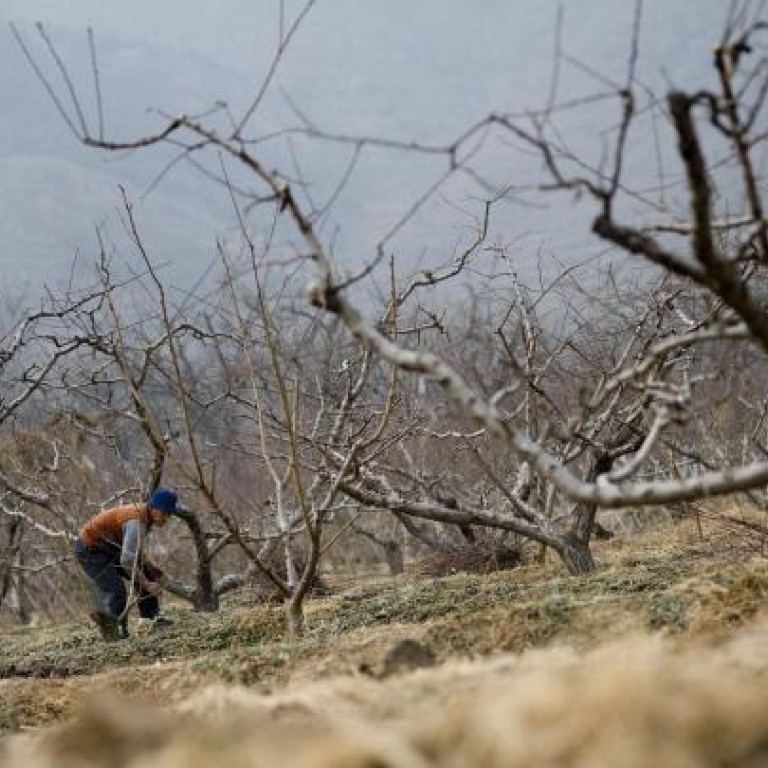
Why the cunning snake is beloved of the Chinese
Xun Zhou says for people who for too long have had to live by their wits, without appeal to state largesse, a snake's cunning is a welcome quality
The Dragon is gone; the year of upheaval is over. We are now celebrating the Year of the Snake. Chinese traditionally associate the snake with cunning and great wisdom. To have a snake in the house is good omen. It is believed that, in times of crisis, the snake, being resourceful, manipulative and deceptive, can keep the family from starvation.
When I was researching the Great Famine of 1958 and 1962, a villager I interviewed told me that in his home village in Shaanxi province, every family used to keep a white snake in the hope that it would bring them food and save them from starvation. When things were desperate, his father would get food from the black market. He would bring it home at night, when no one was watching. The next day when he cooked it, he would say that the white snake had brought them the food. Those families who did not manage to secure any food from the black market sent their women out to beg. These women became the white snake.
More than 50 years later, life has not improved much in this village or much of the rest of rural China. Food is still an issue for a huge number of villagers. To survive, a number of them tried to make a living elsewhere. After nearly dying of cold and starvation, the man I interviewed fled to Beijing hoping for better fortune. On his arrival at the Beijing West railway station he was arrested, and his family had to borrow money to bail him out of the detention centre. As result, the family got into debt.
He said his story was not unique in his village. While the local officials got fat and rich with the post-Mao reform, villagers saw virtually no benefits. Instead of putting their trust in the authorities, the villagers continue to tell the story of the white snake.
In a time of traumatic social, political and economic change, popular beliefs and practices continue to play an important role in rural life. They provide villagers with a sense of certainty and hope. Villagers also learn to act like the snake to survive. As in the past, in today's China skilful cheats seem to go further than those who readily obey the law. As officials get rich and fat by abusing their power, ordinary people try to survive by engaging in theft, robbery, speculation, profiteering, and defrauding the system. People deal in the black market to survive.
According to the Chinese calendar, this is the Year of the Water Snake. They are known to be insightful, resourceful, determined and motivated. While they are affectionate with family and friends, they treat others differently. I have come across countless individuals throughout China who share these characteristics.
To enforce its control, the communist state has built an elaborate hierarchical system. Lack of transparency has permitted corruption at all levels. In a system where access to goods and services depends almost entirely on who one knows, as well as one's ability to flatter, bribe and cheat, people have quickly developed strategies to outwit the party and state. After 60 years of life under communism, these people have learned a hard lesson: the only way to keep going, to have access to goods and services, is to disobey, steal, cheat and, most importantly, always stay one step ahead of the system. In other words, to have snake-like qualities.
